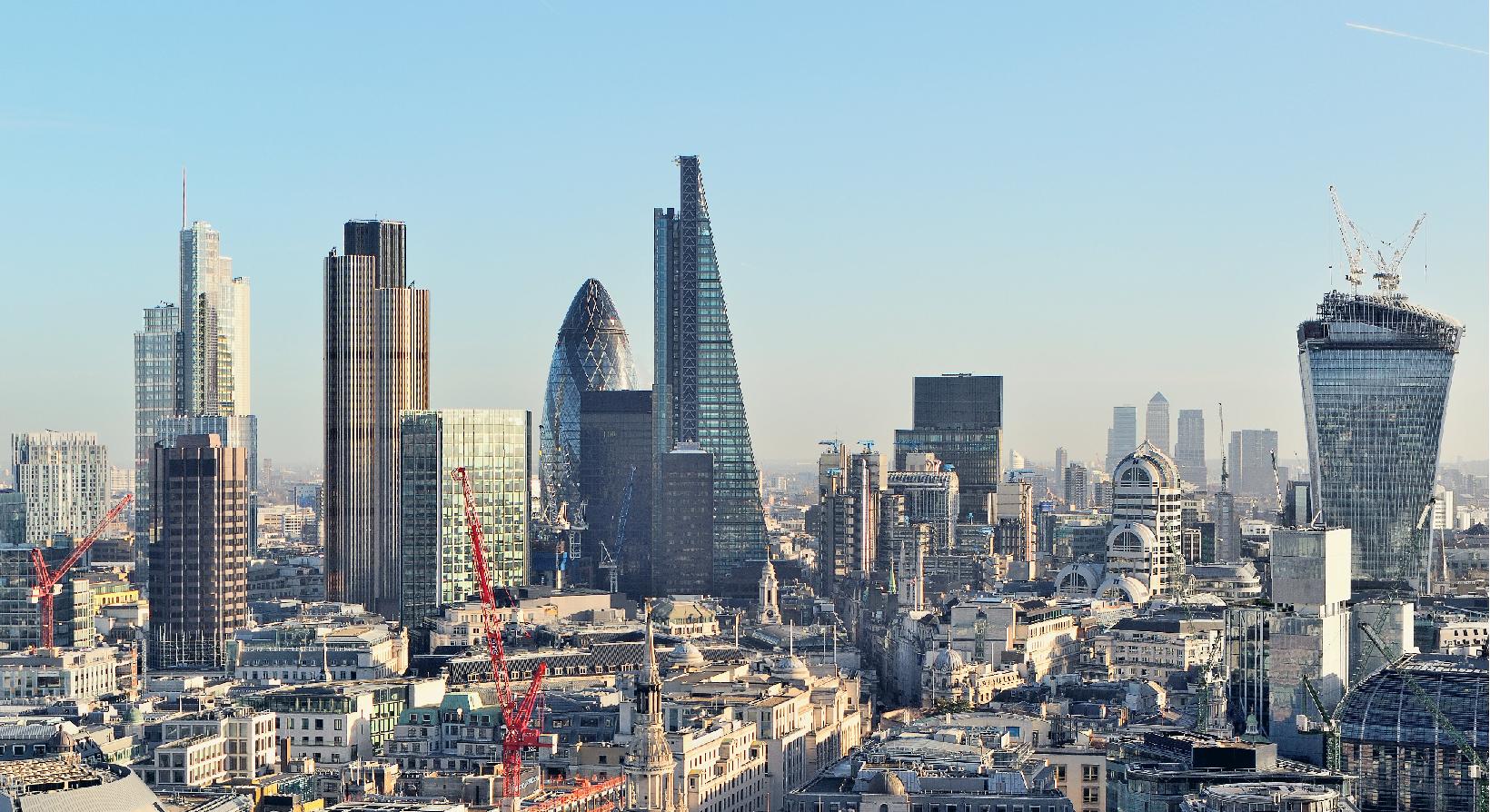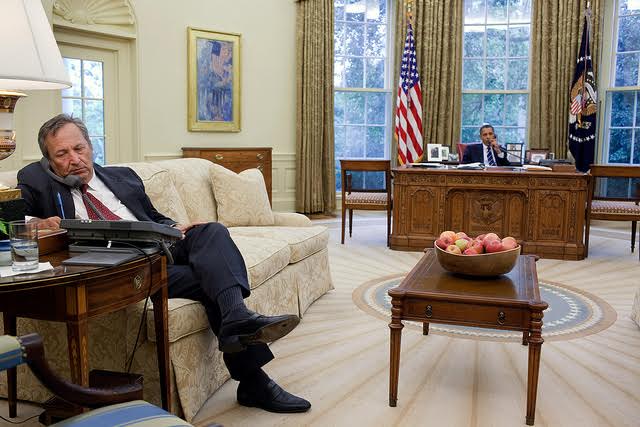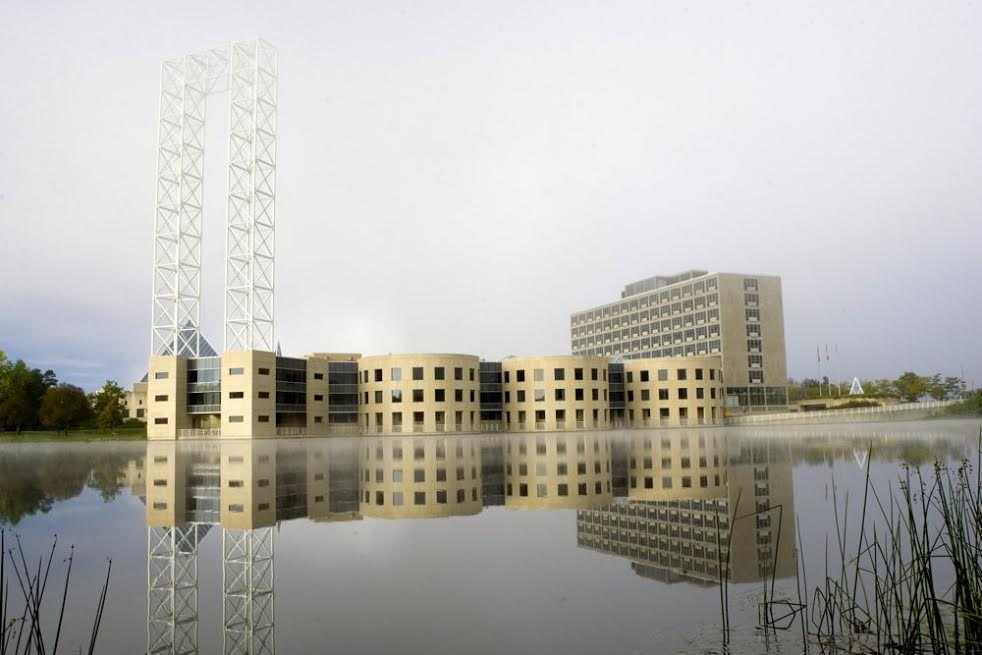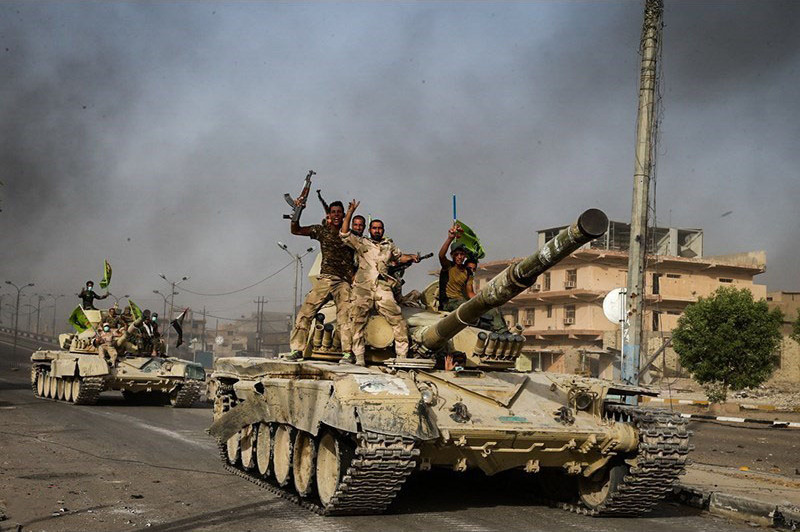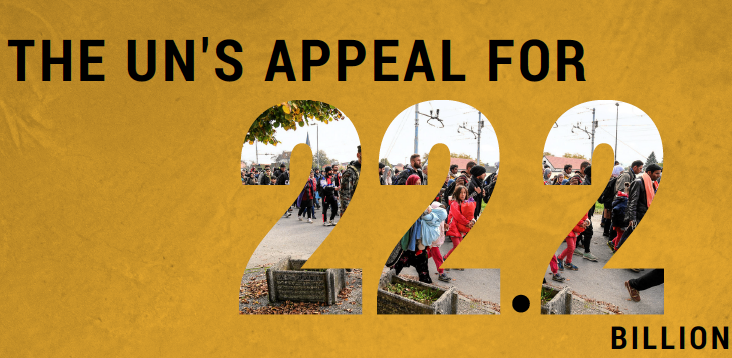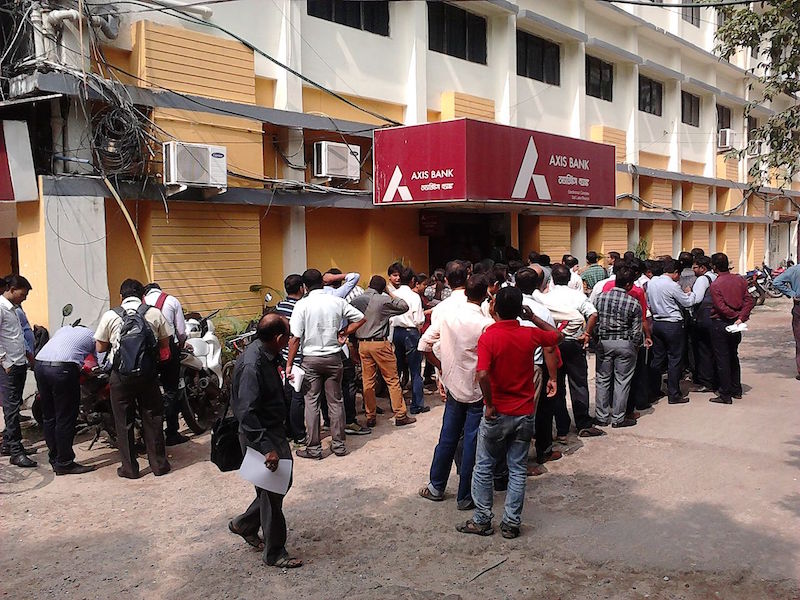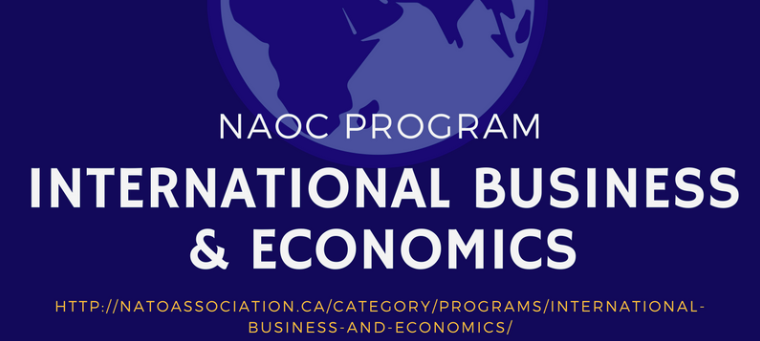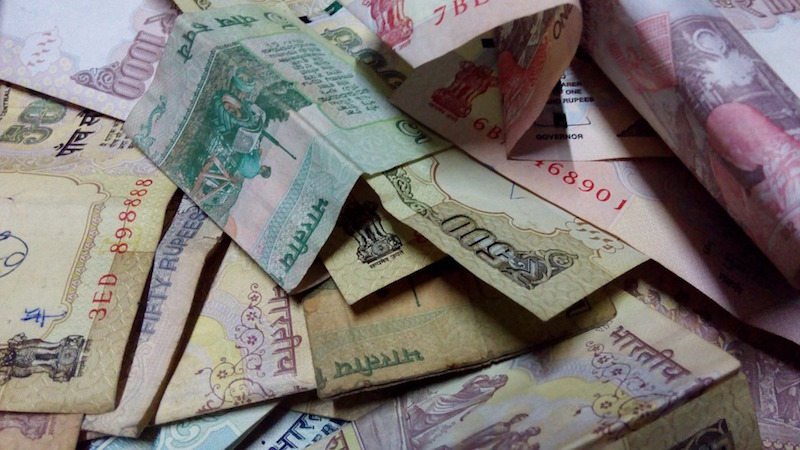After British Prime Minister Theresa May’s speech on Tuesday, January 17, it became clear that Britain is headed for a hard Brexit. Among the points discussed by the British leader, she outlined that her cabinet will push for leaving the European single market. Analysts have suggested that this move could potentially trigger uncertainty and pose challenges for London’s finance industry.
Security, Trade and the Economy
The Security, Trade and the Economy program aims to provide Canadians with relevant and accessible analysis on current international economic policies with a focus on Canadian interests and trade security. Additionally, the program examines our country’s commitment to NATO’s mandate of encouraging economic collaboration and eliminating economic conflict.
Investigating Secular Stagnation, Part 1: Wealth Disparity
Slow economic growth is afflicting the industrialized world. One cause of the malaise is a steadily growing gap between rich and poor.
New Hands, Not Enough Cards
The cabinet shuffle gave Canada’s trade officials a new hand, but few new cards. Ross Linden-Fraser offers his take on what the changes can – and cannot – do for the country’s trade agenda.
How Oil Shapes International Relations
Megan Robinson examines how oil shapes international relations.
Middle East in Perspective: The Arms Trade is Booming as Political Solutions Falter
The arms business is making a killing in the Middle East as countries all over the world are scrambling to get in on the action. Canada is no exception.
The United Nations 22.2 Billion Appeal
The UN just launched an appeal for $22.2 billion – the highest amount ever requested. In this infograph, Charlotte Provost breaks down motivations & concerns behind the request.
Good in Theory, not Good in Practice: The Current Cash Crisis in India
Juthika Hasan explains India’s cash crisis, and the efforts that the Modi Government is undertaking to address it.
The Probable End of the TPP: The APEC Summit in Peru
What is the TPP? Juthika Hasan discusses in her detailed analysis what the TPP is and whether or not it could survive.
International Business & Economics Program
Learn more about the ‘International Business & Economics’ program, one of the many research areas covered by the NATO Association of Canada.
What does the ban of the $500 and $1000 rupee note mean for the Indian economy?
On Tuesday November 8, Narendra Modi, the Prime Minister of India announced that the Indian government will be discontinuing the largest denomination bills in circulation, the ₹500 and ₹1000 rupee notes. These notes represent approximately 86% of the money supply in circulation. This surprise motion caused millions of people to flock to their nearest banks Read More…

